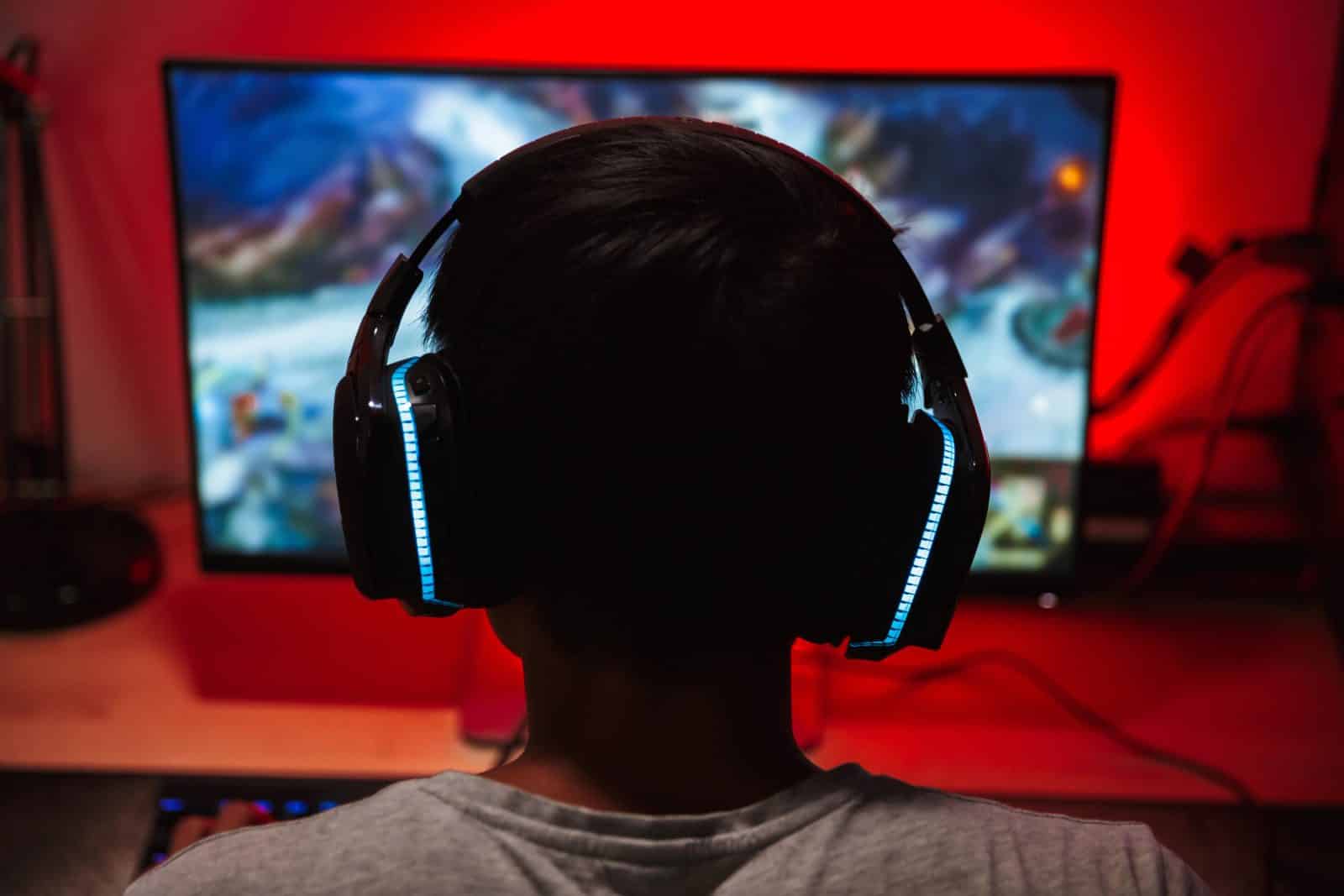You’ve had a long day of classes, your to-do list is overflowing, and somehow you find yourself saying, “Just one more game.” Sound familiar? For college students, gaming is a go-to escape from stress, but it can also be a sneaky culprit behind missed deadlines, sleepless nights, and social disconnect.
Let’s explore how gaming affects college students and how to find that sweet spot between fun and focus.
1. Screen Time Overload: Give Your Eyes a Break
College life already means staring at screens—Zoom lectures, scrolling TikTok, or catching up on Netflix. Add hours of gaming to the mix, and your eyes are begging for mercy. The American Academy of Pediatrics recommends no more than two hours of recreational screen time daily. But let’s be real—most gamers blow past that in a single session.
Too much screen time can lead to digital eye strain, headaches, and trouble sleeping. Why? Staring at screens messes with your melatonin production, making it harder to fall asleep when you finally do shut down for the night.
2. Productivity Hits Rock Bottom
Gaming is the ultimate time magnet. A 2021 report from the Entertainment Software Association found that 55% of gamers play for an average of 7+ hours a week—that’s nearly an entire day of class or study time gone!
When deadlines pile up, it’s easy to pick a gaming session over tackling your assignments. But let’s be honest: frantically typing a term paper at 3 AM isn’t exactly setting you up for success.
3. The Dopamine Trap: Feels Too Good to Stop
Gaming triggers a dopamine rush—the same “feel-good” chemical your brain produces when you eat something tasty or hit a goal. This is why gaming feels so rewarding.
However, this constant dopamine hit can make everyday tasks like studying or doing chores feel dull in comparison. Over time, this can lead to procrastination and a lack of motivation for things that don’t deliver that same instant gratification.
4. Social Life IRL Takes a Back Seat
Gaming can feel social, especially with multiplayer games or voice chat. But there’s a catch: virtual connections sometimes replace in-person relationships.
A study in Computers in Human Behavior found that excessive gaming is linked to feelings of loneliness and reduced social skills in face-to-face interactions. College is a time to build friendships and networks—don’t let gaming steal those precious opportunities.
5. Grades Might Suffer
If you’re gaming all night, your classes aren’t exactly getting your best effort. Research from the Journal of Adolescence suggests that students who game excessively are more likely to report lower grades and less engagement in their studies. The occasional gaming session is fine, but when it becomes a daily habit, it’s time to rethink your priorities.
Game Plan for Balance
Does this mean you need to uninstall your favorite game? Not at all! Gaming can be part of a healthy college life—if you set boundaries. Here’s how to stay in control:
- Use gaming as a reward. Knock out that essay first, then enjoy some guilt-free playtime.
- Set limits. Use apps to manage your screen time or plan specific gaming sessions around your study schedule.
- Mix it up. Balance gaming with other activities, like hanging out with friends, exercising, or picking up a hobby.
College is your chance to level up in real life, not just in the virtual world. So, hit pause when needed and make sure you’re winning where it really counts.
Recommended – Side Quests You Should Definitely Do in College















